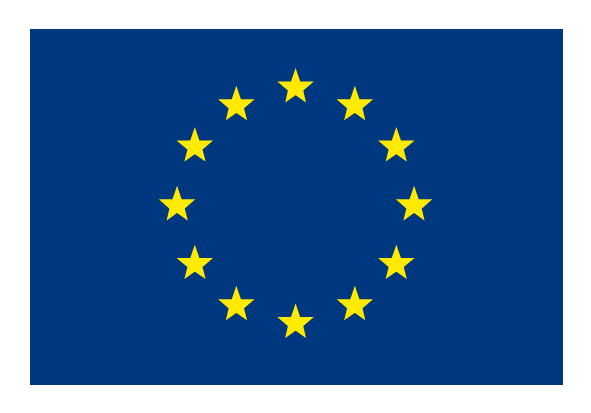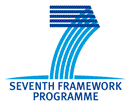






© 2010 Workplace Diversity - Impressum
Overview:
The research project with the title "Inclusive Identities in the Context of Increasing Culturally Diverse Workplaces" is an international comparative study on the effects of cultural diversity and diversity management in organizations in the Netherlands, Austria and New Zealand. This project is funded by the Commission of the European Communities as a Marie Curie International Reintegration Grant (FP/-PEOPLE-2007-4-3-IRG; Grant Agreement Number: PIRG02-GA-224818) and includes cooperation partners in Austria (Interdisciplinary Unit of Management and Organizational Behaviour - IVM), the Netherlands (Institute for Integration and Social Efficacy - ISW) and New Zealand (Centre for Applied Cross-cultural Research - CACR).
Main Research Goals:
The overall focus of this research project is on influences of national and organizational factors on successful management of cultural diversity at the work floor from an international perspective. With the opportunity for cross-national comparative studies and a multi-methods approach we aim at getting a more holistic picture of general and specific preconditions, processes and effects of successful integration at the workplace.
Research Activities:
Within the next three years (start date: November 1st 2008) we aim at identifying issues of cultural diversity within different types of organizations in New Zealand, the Netherlands and Austria. Apart from national and organizational context analyses through the study of existing and new data, we will interview people of different cultural backgrounds about their experiences with living and working in a culturally diverse environment.
Output:
Institutions and organizations that will get involved in this research will receive feedback on how well their organizations are faring with regard to their diversity management and benchmark themselves to others nationally and internationally. The scientific knowledge gained shall lead to recommendations for successful diversity management and the development of diagnostic instruments that consider the cultural and organizational context and the specific ethnic groups involved in the interactions. Presentations and publications within and outside the academic community shall secure the knowledge transfer to potential end-users and relevant decision makers and thus contribute to European competitiveness.
International Co-ordination:
All those research activities and dissemination of research output will take place in the three respective countries together with the research institutes involved. Those activities also include the supervision of master's and bachelor's theses and involving student assistants.
The research project with the title "Inclusive Identities in the Context of Increasing Culturally Diverse Workplaces" is an international comparative study on the effects of cultural diversity and diversity management in organizations in the Netherlands, Austria and New Zealand. This project is funded by the Commission of the European Communities as a Marie Curie International Reintegration Grant (FP/-PEOPLE-2007-4-3-IRG; Grant Agreement Number: PIRG02-GA-224818) and includes cooperation partners in Austria (Interdisciplinary Unit of Management and Organizational Behaviour - IVM), the Netherlands (Institute for Integration and Social Efficacy - ISW) and New Zealand (Centre for Applied Cross-cultural Research - CACR).
Main Research Goals:
The overall focus of this research project is on influences of national and organizational factors on successful management of cultural diversity at the work floor from an international perspective. With the opportunity for cross-national comparative studies and a multi-methods approach we aim at getting a more holistic picture of general and specific preconditions, processes and effects of successful integration at the workplace.
Research Activities:
Within the next three years (start date: November 1st 2008) we aim at identifying issues of cultural diversity within different types of organizations in New Zealand, the Netherlands and Austria. Apart from national and organizational context analyses through the study of existing and new data, we will interview people of different cultural backgrounds about their experiences with living and working in a culturally diverse environment.
Output:
Institutions and organizations that will get involved in this research will receive feedback on how well their organizations are faring with regard to their diversity management and benchmark themselves to others nationally and internationally. The scientific knowledge gained shall lead to recommendations for successful diversity management and the development of diagnostic instruments that consider the cultural and organizational context and the specific ethnic groups involved in the interactions. Presentations and publications within and outside the academic community shall secure the knowledge transfer to potential end-users and relevant decision makers and thus contribute to European competitiveness.
International Co-ordination:
All those research activities and dissemination of research output will take place in the three respective countries together with the research institutes involved. Those activities also include the supervision of master's and bachelor's theses and involving student assistants.




